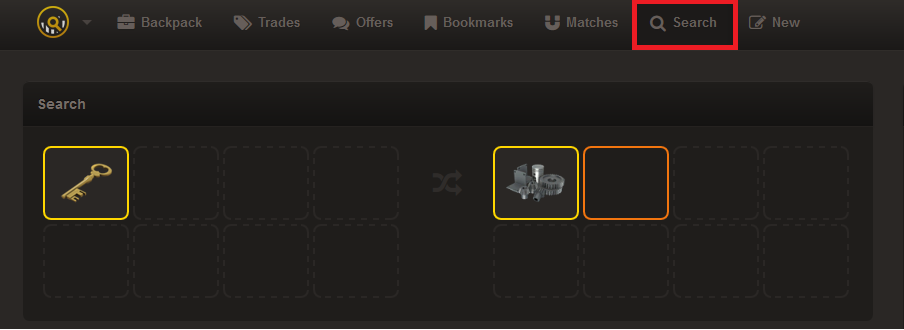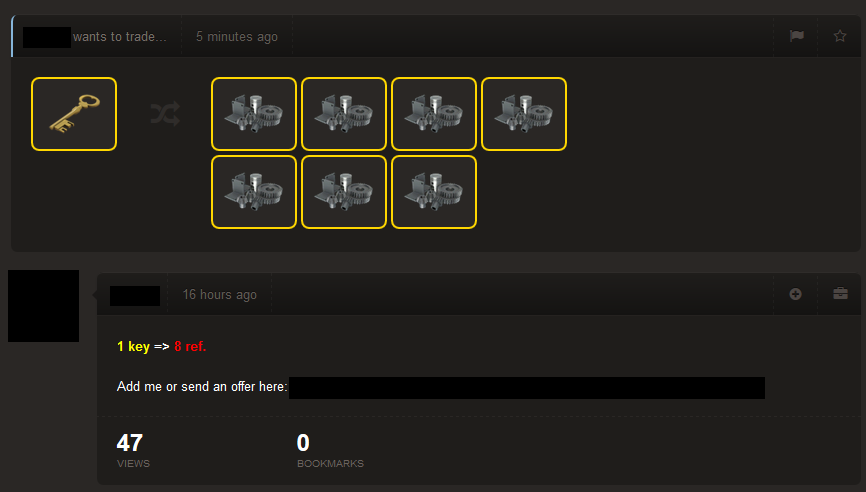Avoid Bad Trades
Post on: 22 Июль, 2015 No Comment

Schwab discusses how to avoid bad trades by sticking to your trade plan and taking emotion out of your trades.
[Lou] Carl in Massachusetts: I sometimes get caught in bad trades and don’t know how to get out. Is there a piece of market wisdom that can help me determine what to do or how to avoid the issue?
[Robert] I like that. Bad trades must be moving against you, and I think it goes back to that planning. The more you plan upfront, probably the more successful you’re going to be. You know, that it becomes much less emotional. Think about bad investments. We’re probably pretty good upfront at identifying, Hey, if I want to go buy this stock at 100, hey, where would I say this thing is not working? You know, I’m buying at 100 thinking it’s going to go upwards. Where is it not working? Determine that upfront and then just revisit that plan to [unintelligible].
[Lou] I go back to the statement I made earlier — core and explore. The day you buy something, you should know, are you buying it for a long-term buying hold position in this core diversified portfolio? If so, it should only be very small fraction of your portfolio. Make sure you’re diversified across all sectors, all asset classes, and then really quit micromanaging it. We’re talking about trading for the most part today. On our trades we can’t get stuck in these bad trades or these trades that move against us. We need to predetermine our walk-away point. I love placing that bracket order because it’s keeping me disciplined on making me sell it. The obvious thing is, oh yeah, I’ll sell it when it’s time to sell, right? But in real time you never know when it’s time to sell. And as that stock is moving down, ego now gets involved. We don’t want to be wrong, we don’t want to take that small loss and let it turn into a big loss.
[Robert] I think a lot of people look for excuses to stay in a stock. Oh, I’m wrong on it. Oh, it’s going against me. Oh, but management must be great or, oh, they’ve got this new product coming out. You’ve got to remember the company’s very different than the stock. You know? We’re not trading companies, we trade stocks. And that’s people’s emotional response to a company’s value.
[Lou] You bet. A lot of times people will then do that revenge trade, where they’re trying to make up their money back quickly, they’ll then buy a bigger position that they’re comfortable with, and then a lot of times that turns into another bad trade. So the idea is really predetermine where you’re willing to walk out, walk away. If you’re already in that losing position, you need to ask yourself, Would you own it now? And, no matter what decision a client makes, most likely it’s going to be the wrong one. So I’m a big fan of selling a portion of it. If you sell a portion of it, if it rallies up, at least you’re still in some. If it keeps going down, at least you got out of half. You’re always welcome to talk to someone at Schwab and we can talk about your personal situation as well.
[Robert] That’s a good conceptscalingscaling in, scaling out of a position, not having to be all in, all out. And think about that. Some traders break themselves into thirds. I’ll get a third of my position, a third and then a third. Maybe a half and a half. But either way, you know, you’re never all in, all out.

Disclosure
Any opinions expressed herein are subject to change without notice at any time.
Past performance data should not be construed as indicative of future results.
© 2014 Charles Schwab & Co. Inc. All rights reserved. Member SIPC (0114-0767)














